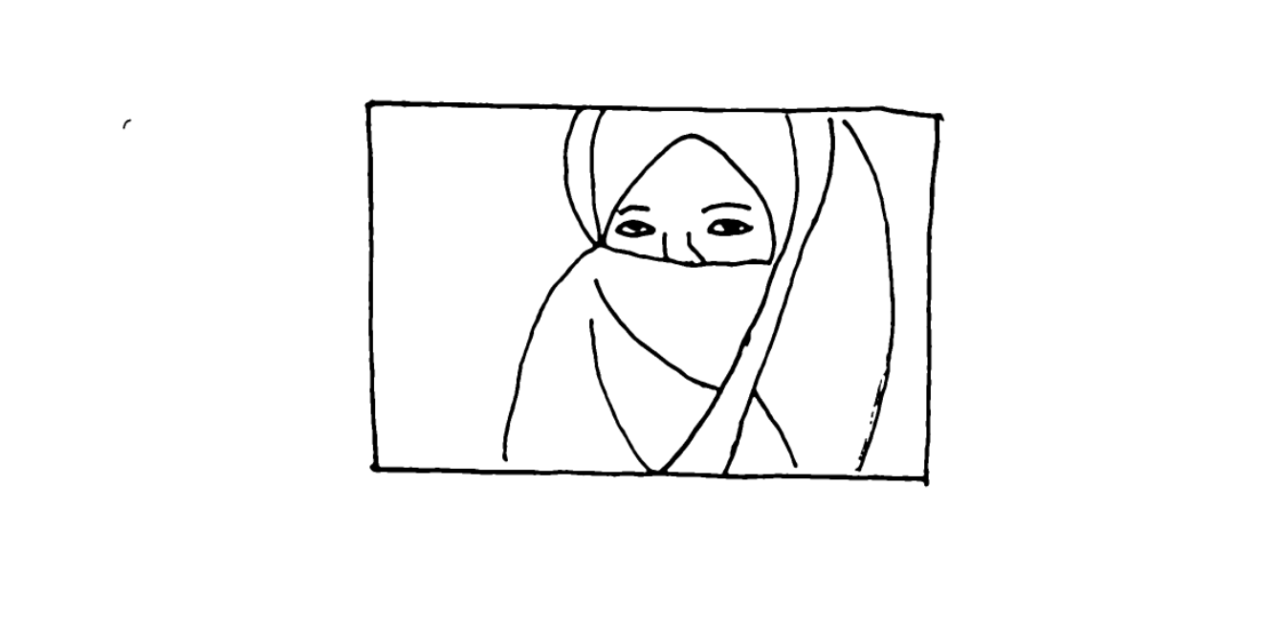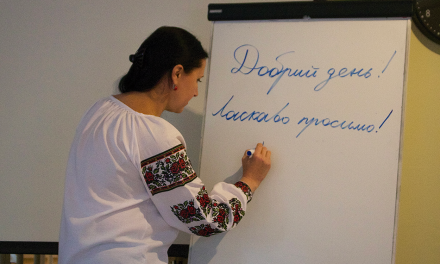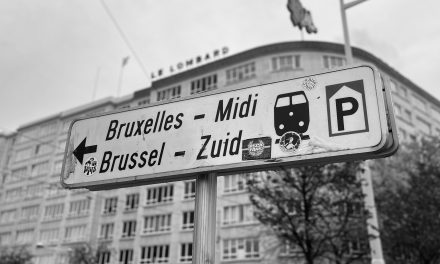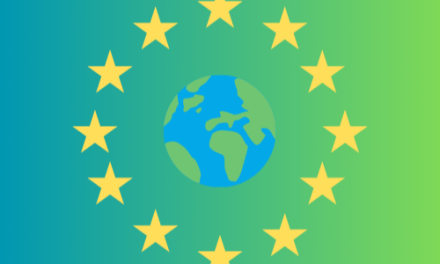On the European Action day Against Islamophobia (21st of September) the Dutch foundation ‘Report Islamophobia’ released the report ‘Zwartboek Boerkaverbod’, a critical review of the effect of the law against face coverings: the burqa ban. The ban prohibits face covering attire in government buildings, hospitals and public transportation. The review includes a collection of reports on everyday experiences with discrimination, submitted to Report Islamophobia in the course of the past year by women who wear the face veil. These reports demonstrate that the ban hasn’t achieved the communication and security goals it was meant to serve. Rahma Bavelaar is the co-founder of Report Islamophobia. “We realized that there’s no institution in the Netherlands that consistently records these type of incidents connected to Islamophobia. We wanted to link structural elements with everyday experiences of racism.”
“Dirty Muslim, go back to your own country!” This is just one of the many reports that come in daily at the Dutch foundation ‘Report Islamophobia’. The foundation was established in 2015 when the founders saw a significant increase in violence against Muslims.
“We tried to work in a very bottom up way from the beginning, with developing our ideas and our strategy on the basis of the reports we receive from Muslims themselves but also in conversations with many other activist movements. We work with lawyers who can assist and advise people who report incidents to us. We try to advise the women on what steps to take, whether legal or entering into conversation with a school or an employer.” The incidents are mapped, then the collected data is analyzed and reported.
“The burqa ban itself was justified on the basis of two arguments by our political parties. One of them was to facilitate communication and the other reason was to improve public security. Neither of these objectives has been achieved. In fact, what we’ve found in our recent report is that in fact it’s the tiny group of women, targeted by this law, who have become increasingly the victim of discrimination and exclusion. They have often become victims of violence or verbal attacks in places where the ban does not apply. Frequently because people feel uneasy with the way these Muslim women look. This has nothing to do with communication and security, but it has everything to do with prejudice. Wearing medical facemasks has not resulted in public debate about communication or security. Which again illustrates that this law particularly targets Muslim women.”
Rahma Bavelaar, the co-founder of Report Islamophobia, tells more about the start of Report Islamophobia, the reports and the importance of reporting the events.




